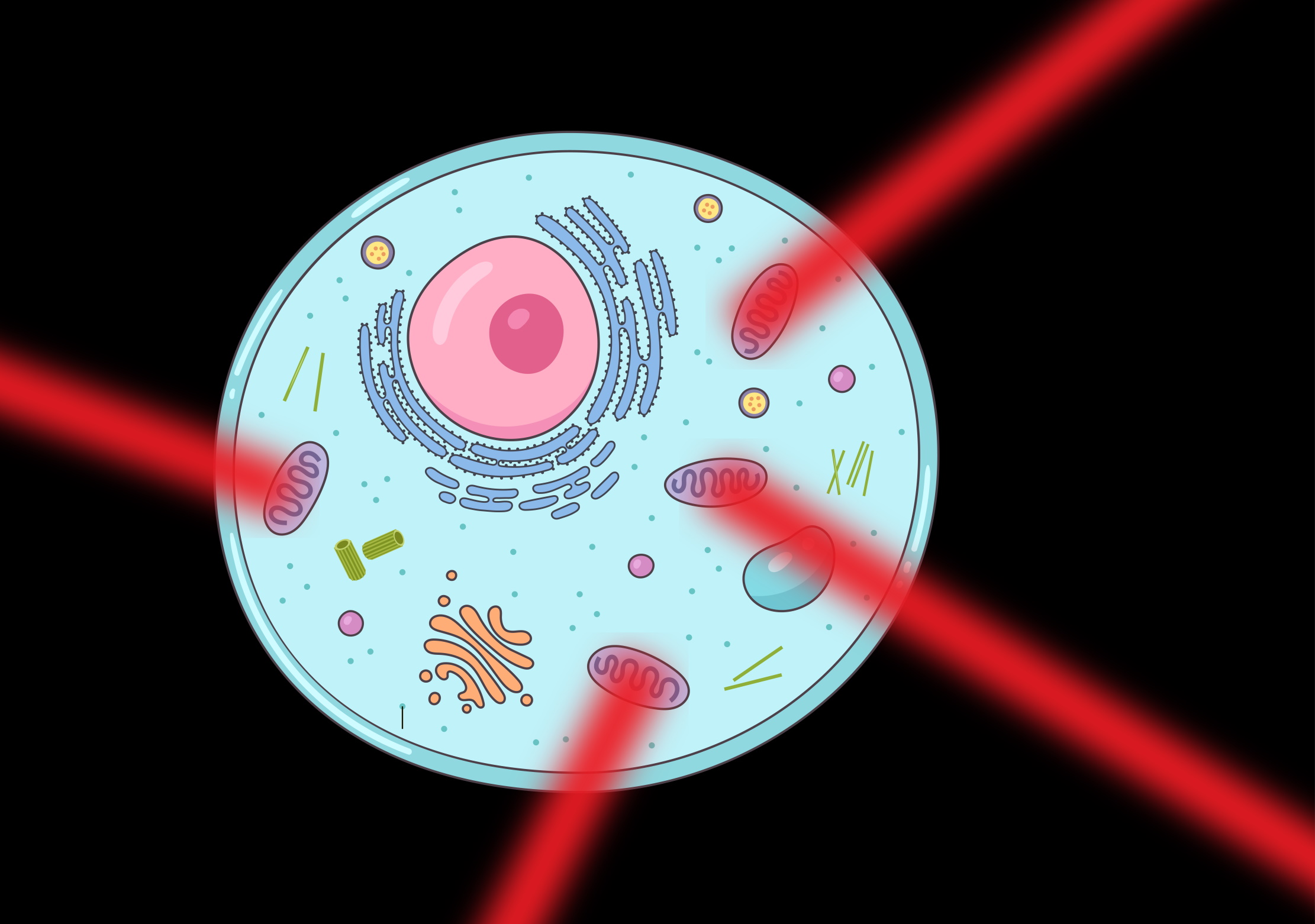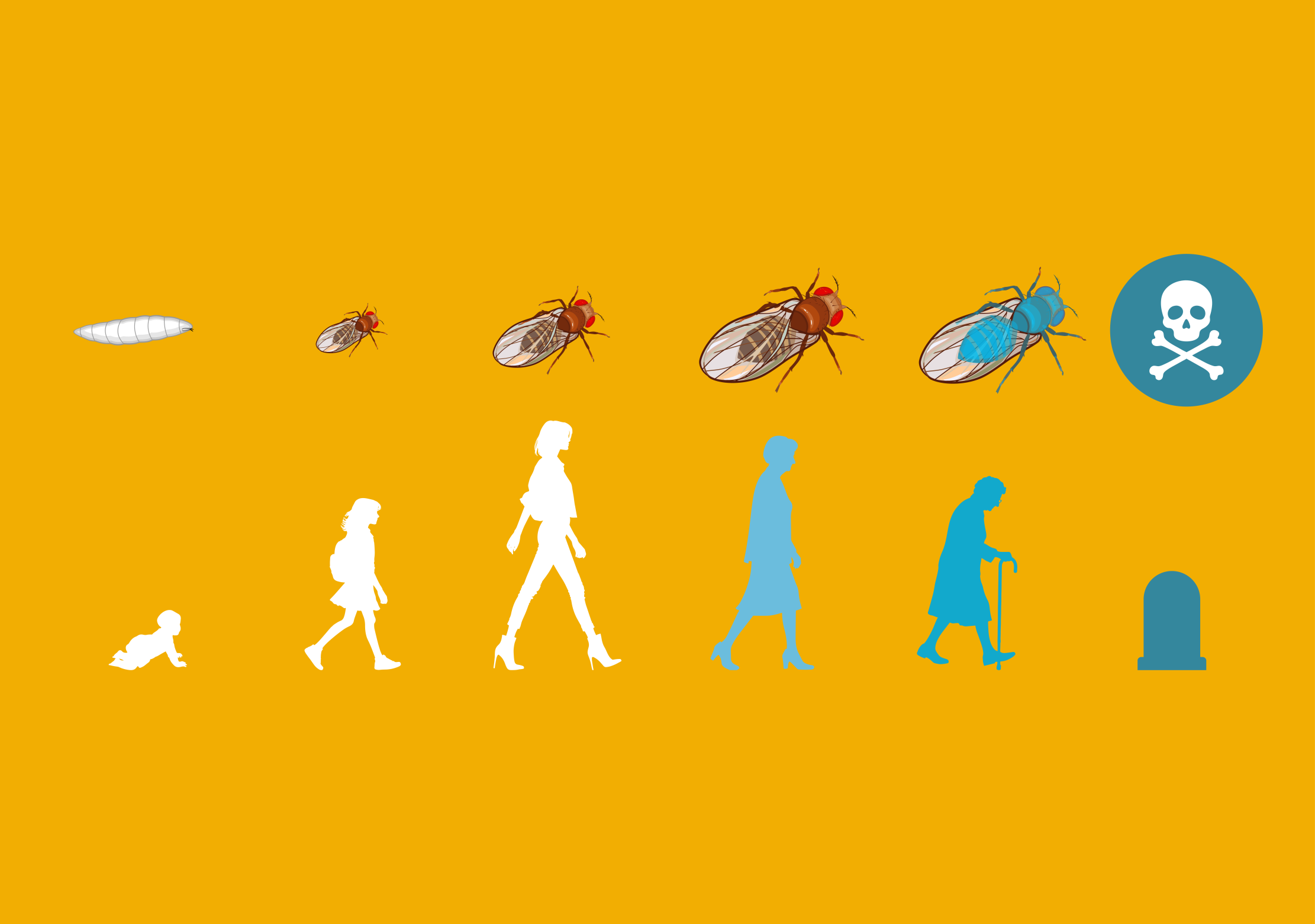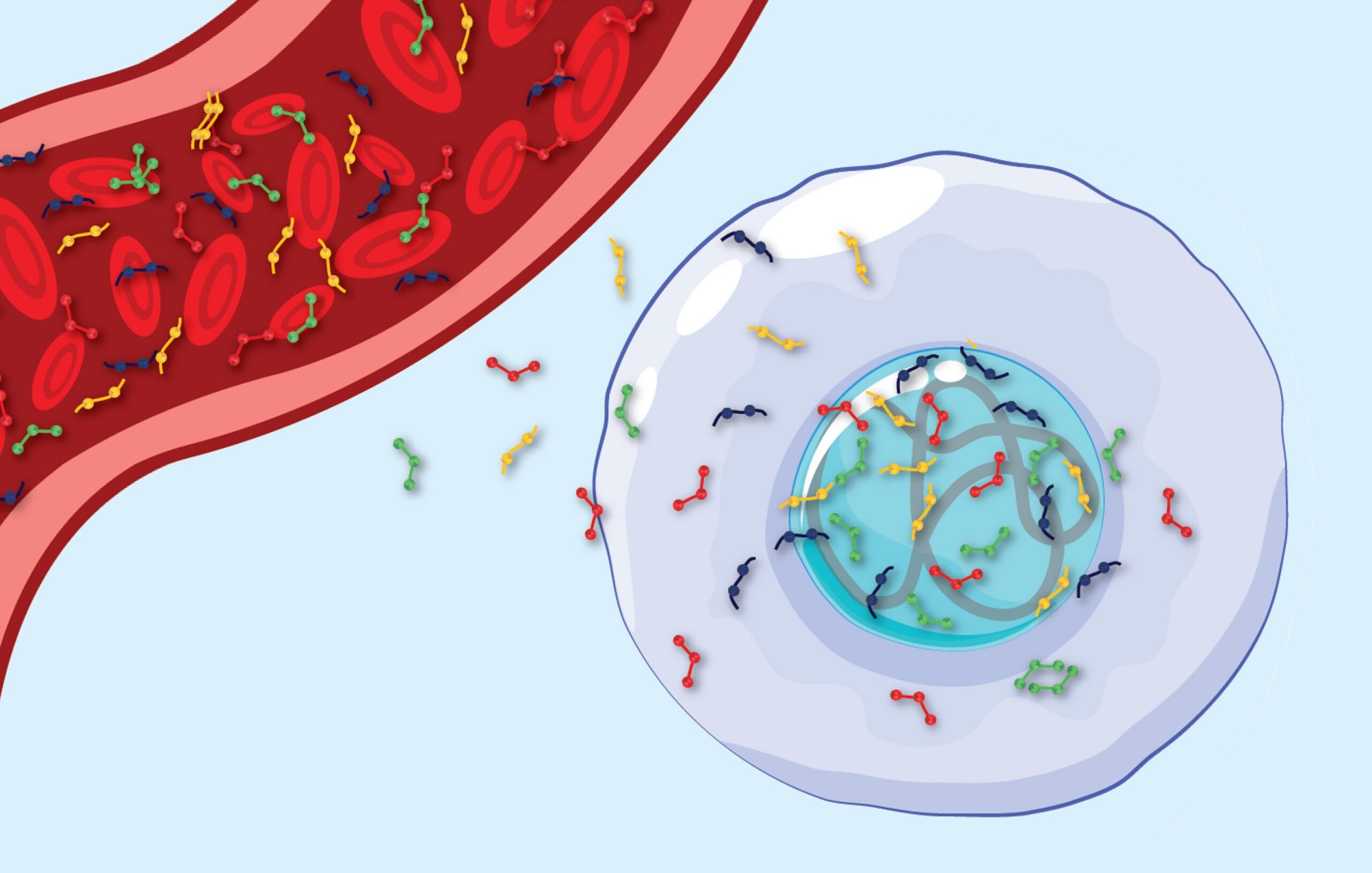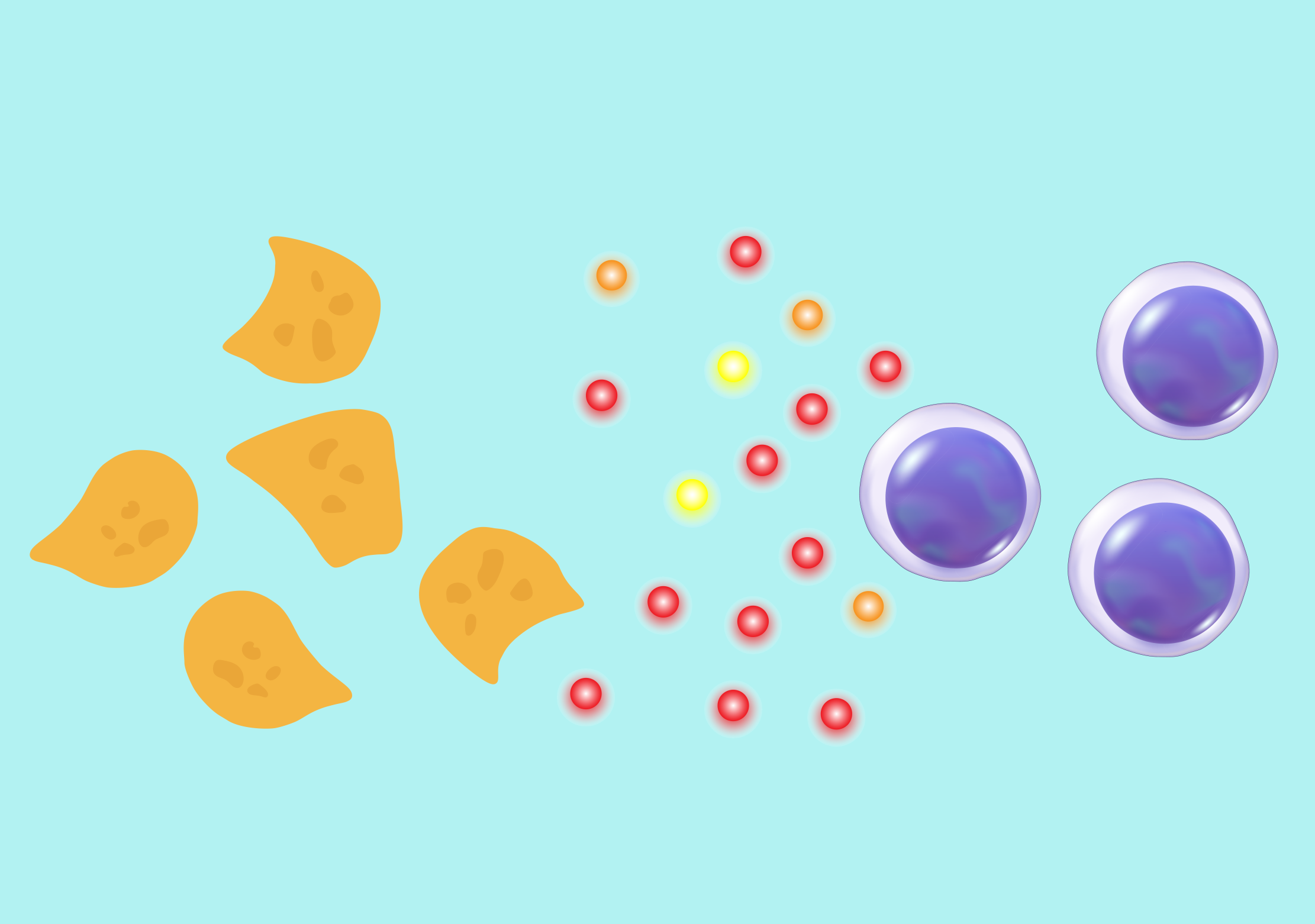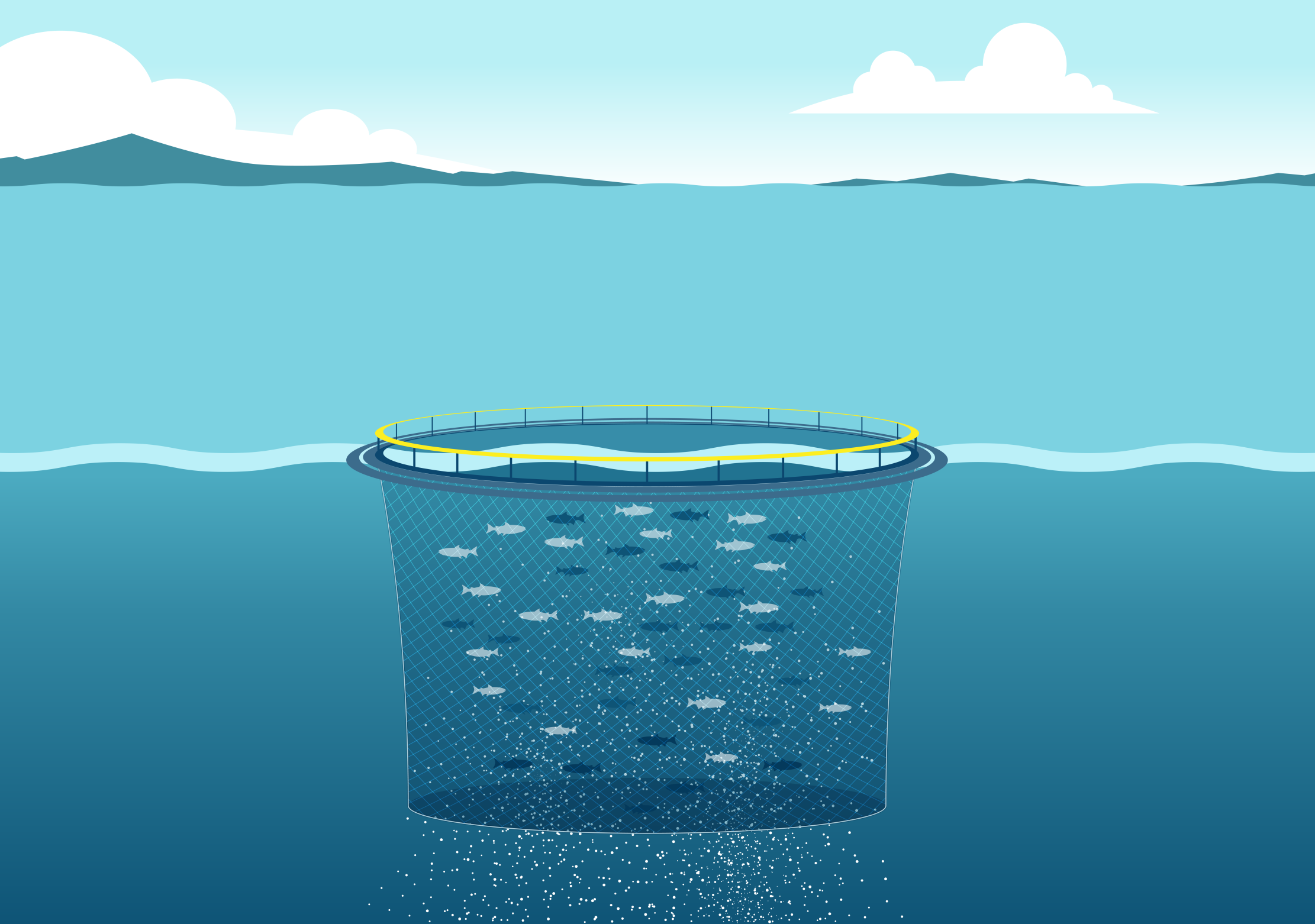Dr Peter Palese | Developing a Universal Flu Vaccine
About this episode
The influenza virus – commonly known as flu – is a serious public health concern. There are an estimated 1 billion cases of influenza each year, causing approximately 650,000 deaths globally.
Vaccination is the main way to protect people from influenza. This involves exposing a person to harmless versions or parts of the virus, which their immune system uses to create a ‘memory’, including antibodies. This memory allows a person’s immune system to mount a rapid response when exposed to the real virus in the future.
Current vaccines are only moderately effective in protecting people from the various strains of influenza. In addition, influenza viruses mutate over time, meaning that new vaccines need to be developed every year, to reflect changes in the genetic makeup of the virus. To remain protected, people need to receive the latest vaccine each year. Read More
Original Article Reference
Summary of the papers: ‘A CpG 1018 adjuvanted neuraminidase vaccine provides robust protection from influenza virus challenge in mice’, in NPJ Vaccines, doi.org/10.1038/s41541-022-00486-w; ‘A chimeric hemagglutinin-based universal influenza virus vaccine approach induces broad and long-lasting immunity in a randomized, placebo-controlled phase I trial’, in Nature Medicine, doi.org/10.1038/s41591-020-1118-7, ‘Universal influenza virus vaccines that target the conserved hemagglutinin stalk and conserved sites in the head domain’, in Journal of Infectious Diseases, doi.org/10.1093/infdis/jiy711.
Financial support for this research was provided by NIAID grants and contracts, the US Department of Defense, The Bill and Melinda Gates Foundation, and GlaxoSmithKline.
Contact
For further information, you can connect with Peter Palese at peter.palese@mssm.edu
This work is licensed under a Creative Commons Attribution 4.0 International License. 
What does this mean?
Share: You can copy and redistribute the material in any medium or format
Adapt: You can change, and build upon the material for any purpose, even commercially.
Credit: You must give appropriate credit, provide a link to the license, and indicate if changes were made.
Are you ready to increase the impact of your research?
More episodes
Stay Up To Date With SciTube
Subscribe to receive our latest videos straight to your mailbox

